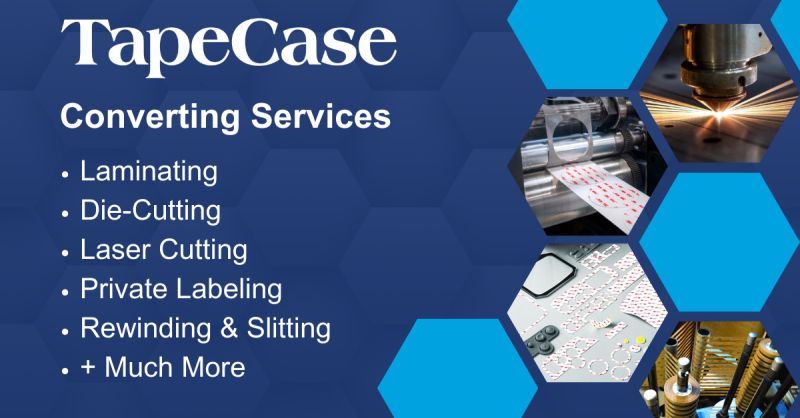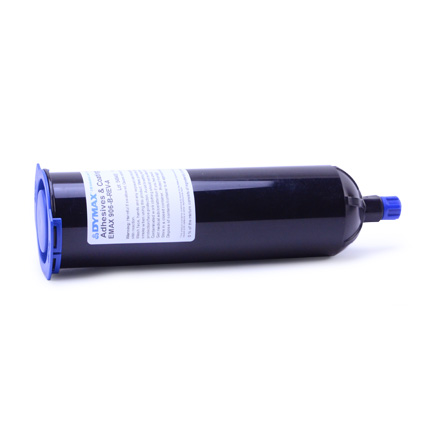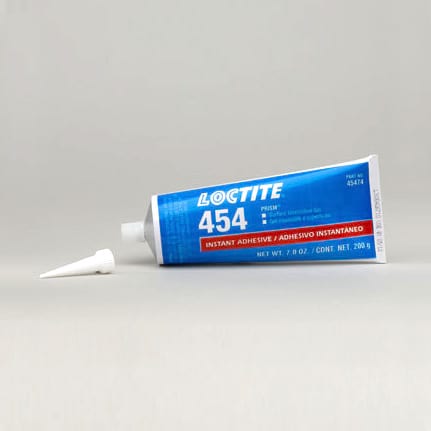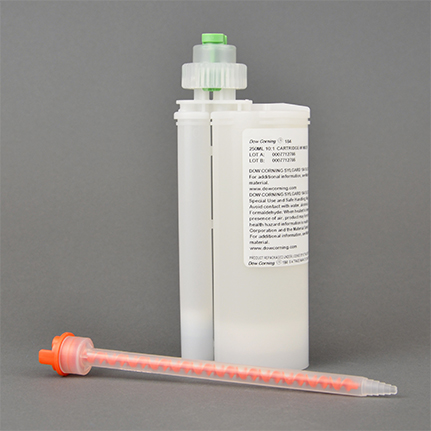

- Contributions by industrial experts with engineers in mind
- Focused on specialty-chemical material applications and selection
Knowledge Center
Toll Blending and Custom Formulation Q&A
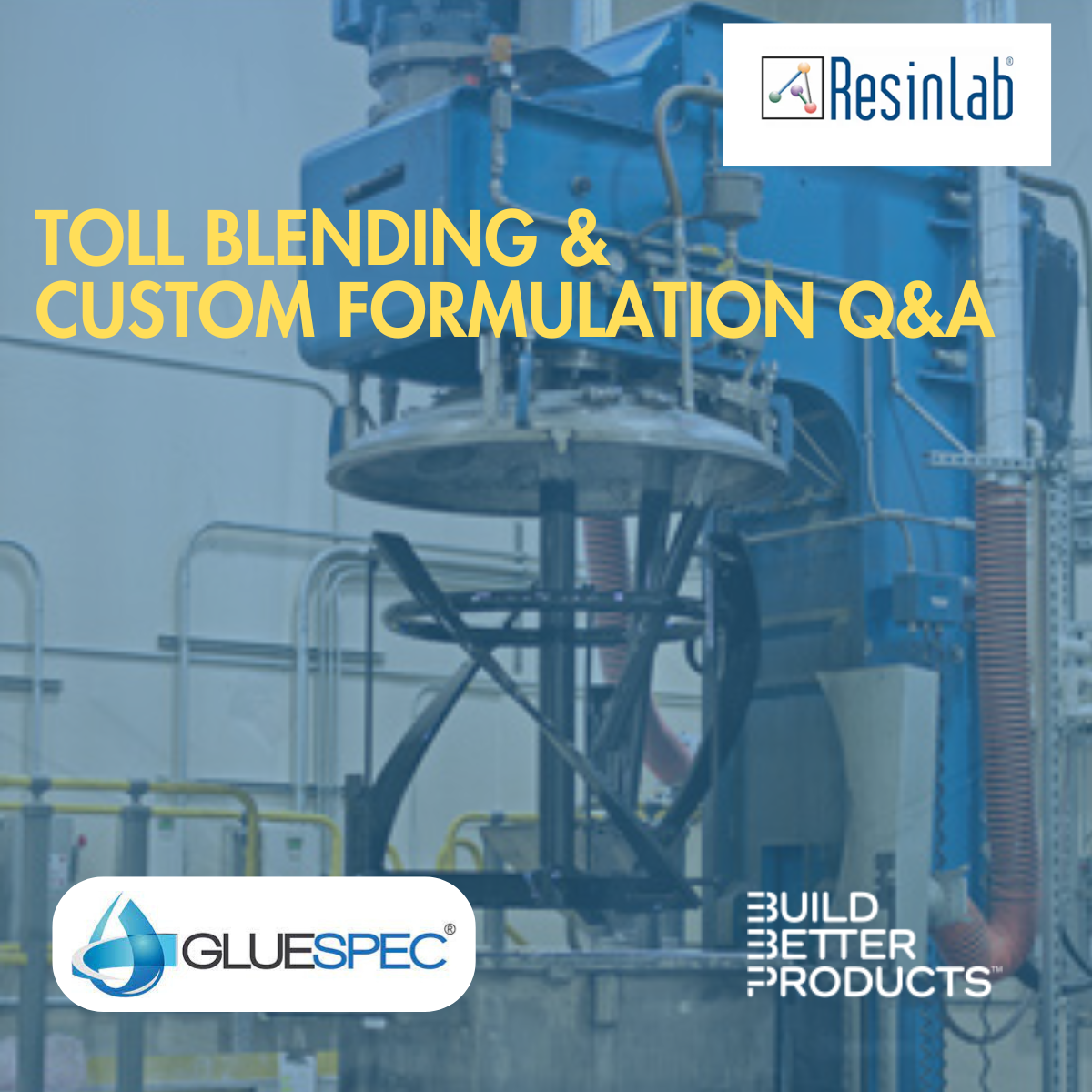
Resinlab of Germantown, Wisconsin (USA) is a business unit of Ellsworth Adhesives that performs toll blending and custom formulation for other companies, including ones that are seeking to enter the U.S. market (and avoid tariffs) or that want to reshore production. Gluespec spoke with Michael Jasperson, a Senior Process Engineer at Ellsworth Adhesives, for this Q&A.
What does ResinLab blend?
Most of what we blend are liquid-to-liquid or liquid-to-solid products. In other words, we don’t perform much dry blending. For adhesives, we work mainly with epoxies, urethanes, and silicone base adhesives. There are also some opportunities with UV cure adhesives. In addition to adhesives, ResinLab also blends greases and solvent-based primers.
What do you mix during toll blending?
Roughly half of our toll blend adhesives are one-part adhesives and the other half are two-part adhesives. Many epoxies are two-part products that contain a resin and liquid additives, diluents, or fillers. Additives impart properties, diluents shift viscosity, and fillers can change physical appearance or provide other benefits, such as improved structure, thermal conductivity, or fire resistance.
In an adhesive, the hardener contains chemicals that react with the resin to initiate and accelerate the curing process. Often, amines are used. Of course, there are also other additives, modifiers, and various fillers. Ultimately, the service that Resinlab provides adds value because we can focus on working with the chemicals and making the product while the end user can focus on their specialty.
Do you always buy the ingredients?
This depends on our customers preference. Sometimes we purchase materials for our customers, either due to purchase quantities or to have the toll product be a hands-off operation. Some companies prefer supplying their own materials to ensure transparency, or they are supplying proprietary materials. Generally, we don’t buy specialized ingredients that cannot be used for other materials we manufacture.
What types of equipment do you use?
For higher volumes, we use dual-shaft mixers. There’s both a low-shear agitator and a high-speed dispenser. For lower volumes, the type of product that we blend determines the equipment set. We can perform high-shear blending on a smaller scale, and we also have smaller planetary mixers for applications where we don’t want to heat the product or perform large-scale processing.
In addition, we have a three-roll mill for changing the particle size of powders. That’s not something you can get from high-shear blending. Here, it’s helpful to think about the brown sugar that’s probably in your home kitchen. Often, particles of brown sugar become clumped. High-shear blades can break up agglomerations like this, but three-roll mills can physically reduce particle size. This is useful if a customer needs to apply a product through a small needle.
What is the role of filtration in toll blending?
Sometimes there are particles that you don’t want in the finished product. At Resinlab, one of our toll blends involves a larger filtration with the bulk packaging. The customer wants us to put the final product in 32 oz. cartridge, so we have a finer filter that we use prior to packaging.
Are there adhesives that aren’t good candidates for toll blending?
We tend to avoid larger-scale applications with water-based products because water can cause contamination with our epoxy or urethane products. We do perform smaller-scale water blends, but not with larger epoxy blends in water. Yet the bottom line is that Resinlab can process almost anything that’s flowable at room temperature. Extremely viscous products may be questionable, but we handle some of them.
What are some things to look for in a potential toll blender?
Equipment and experience are both important. At Resinlab, we have deep experience with specialty chemicals. A company like an electronic contract manufacturer is skilled in other areas, but they probably don’t have the type of experience that’s required for toll blending.
We’re also experienced in working with similar chemistries and can help you with scale-up. For example, if a customer makes an adhesive at laboratory scale, we can determine how to increase production while ensuring a consistent output for the product. Whether you’re a startup that wants to scale-up, or an established manufacturer with a new product, this type of service is valuable.
What makes Resinlab different from other toll blenders?
ResinLab can both manufacture and package products. For example, we can blend a one-part adhesive that contains a resin, hardener, additives, and fillers. Our packaging division can then use 3 to 55 cc syringes or 4 oz. cans for dispensing. It all depends on the customer’s requirements, but our packaging capabilities truly make us different.
KitPackers, an Ellsworth Adhesives company that’s under the same roof as us, can create custom packaging that improves a customer’s manufacturing process. KitPackers specializes in custom chemical packaging for one- and two-component resins, and can convert bulk containers into smaller, user-friendly units. This can range from our burst packs, dual cartridges, or even our premixed and frozen packaging (PMF). PMF products are premixed at the correct ratio and frozen, so our customers can thaw the product and use the adhesive without having to do any mixing or use static mixers.
Packaging isn’t all that makes us different, however. We have a research and development lab on-site where we can perform advanced testing for an additional charge. We also have a regulatory group that can create documents like safety data sheets (SDS) and globally harmonized system (GHS) labels. In addition, we can drop-ship your products and white-label them or apply custom labels.
Resinlab is also different from other toll blenders because some focus on high volumes and others focus on high value. We do a little of both, and in a range of volumes. For example, we can blend small batches of 300-gallon products. That’s important because the adhesives for custom wind turbine manufacturing might come in drums or totes while repair jobs need a 3-cc syringe.
How do Resinlab customers know that they’re getting a quality product before receiving an entire shipment of finished goods?
Resinlab has a quality assurance (QA) laboratory where we test customer products. We ask about your product requirements, especially your QA specs, and then perform various tests. For example, we can test for specific gravity (SG) or density. There are about a half-dozen methods for testing viscosity, and the right choice can vary from thin solvents to thicker materials.
We also have our own slump/sag tests and can verify that a polymer cures correctly through a hardness test. In addition, Resinlab has analytical-style equipment such as gel timers, Fourier Transform Infrared Spectroscopy (FTIR), Differential Scanning Calorimetry (DSC), and an Instron mechanical tester for shear strength and elongation. With all these tests, we establish standard parameters. For an additional fee, we can also apply customer-specific parameters.
Typically, Resinlab doesn’t send samples. However, we can prepare a sample batch for first-time verification. Then we share a Certificate of Analysis (COA) for all subsequent batches. It’s also worth noting that we test products such as adhesives to a variety of ASTM standards.
What are the economic benefits of toll blending? In other words, why outsource this part of your operations?
Customers might not have the right equipment to blend in-house, or they might not have the proper personal protection equipment (PPE) for employees. There are also concerns about safety in manufacturing, especially with powders. Then there are times when the volumes aren’t high enough to justify equipment purchases, or a customer doesn’t want to perform pre-packaging in-house.
Chemical compatibility is also a concern. At Resinlab, we’re used to switching between varied chemistries and we regularly deep-clean vessels. Some customers don’t have the ability to clean their mixers so thoroughly or are concerned about the cost of doing so. There are labor costs, of course, but there are also opportunity costs when equipment is unavailable for production.
Who needs a toll blender?
Some startups don’t have the ability to blend their own products. There are also established companies that choose toll blending because they don’t want to expand their current facility. Even if a manufacturer can afford their own equipment, a plant expansion carries a considerable cost. There are also costs associated with training and material storage.
Is there a significant economic benefit to reshoring your toll blending if the ingredients that will be combined are made overseas? Wouldn’t you still pay tariffs?
When you buy raw materials, the markup is on the materials. It’s the manufacturing of the product that adds value. When that value is performed outside of the United States, tariffs are applied to the finished goods. There are also shipping costs to consider. An overseas company may want to sell into the U.S. market, but it’s not worth shipping low volumes to North America. Even without tariffs, lower-volumes can be cost-prohibitive. This is why it’s such a strong market for us.
Why is custom formulation important?
A manufacturer may only offer a standard product when you need a custom version. It could be as simple as needing a product in black when it only comes in white. At Resinlab, customers may also send us another company’s product so that we can thicken it. If your regular supplier can’t help, we can change a product’s viscosity so it’s neither too thick nor too thin. With adhesives, we can add glass beads to ensure a consistent bond line thickness.
Ultimately, most design engineers know what they need. They just don’t know how to get there. For example, a design engineer might need a custom adhesive formulation with a certain viscosity or thermal conductivity, or that it needs to stick to a specific substrate material. Producing this material is the hard part. Resinlab is ready to help with this, and we usually provide a solution quickly. That’s another reason we’re different from other toll blenders.
To learn more or inquire about toll blending services, visit Gluespec’s Custom Adhesive Formulations page.

